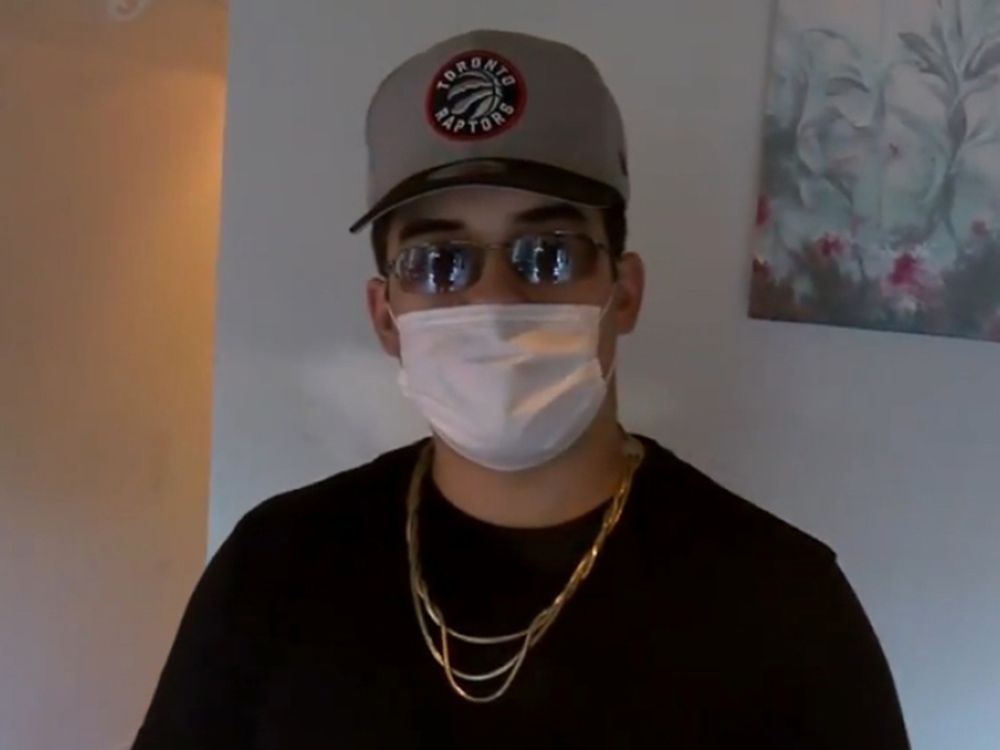It can cost upward of $700 a month to maintain a single horse. This doesn’t include rent or mortgage payments, utilities, payroll or equipment. Depending on the size and the services they offer – some barns also offer equine-assisted learning programs and therapy for children with autism – stables can have anywhere from just a few horses to more than a hundred. Equestrian Canada said a national survey revealed that as of early April, there were roughly 46,500 horses across 8,500 equine facilities with less than a month of financial reserves and supplies. Akin to the restaurant industry, stable owners tend to have slim margins. For most, keeping horses is a labour of love.
Still, the equine industry contributes more than $19-billion to the Canadian economy, generating tens of thousands of jobs. But unless a stable owner also reports income from farm-related activities, such as growing food or raising cattle for beef, they are ineligible for emergency agriculture support; they can’t access any of the $252-million in agri-food funding Prime Minister Justin Trudeau announced last week. The $72-million in federal emergency sport funding announced last month is for athletes and sport organizations.
Stable owners who applied for the federal wage-subsidy program are still waiting to receive the money to help pay for the staff they haven’t yet laid off. And while they may qualify for interest-free, government-backed loans, many are wary of going into debt when they know full well that they have cash-flow issues at the best of times. Some stable owners expressed fears of a slow collapse; even if the sector can claw its way through the next few months, how will it survive the winter, without the cushion from a lucrative spring and summer?
Kathryn Naud, who co-owns the A&T Equestrian Centre in Surrey, B.C., said she is among those “fighting tooth and nail” to preserve the business as she knows it. With 56 horses, it’s the largest lesson barn in the province. Faced with increased expenses from equine pregnancies and vet bills after a horse got spooked and kicked another, Ms. Naud and her family briefly considered euthanizing Doodles, a 17-year-old horse with a back injury. For horse people, compassionately putting down an animal is unquestionably better than selling it into a flooded market, where it may end up being exported to be slaughtered for meat. Ms. Naud decided to spare Doodles and keep her on as a therapy horse. “We just never wanted to be making decisions about someone’s life under the gun,” she said....

 www.sun-sentinel.com
www.sun-sentinel.com

 www.sun-sentinel.com
www.sun-sentinel.com





